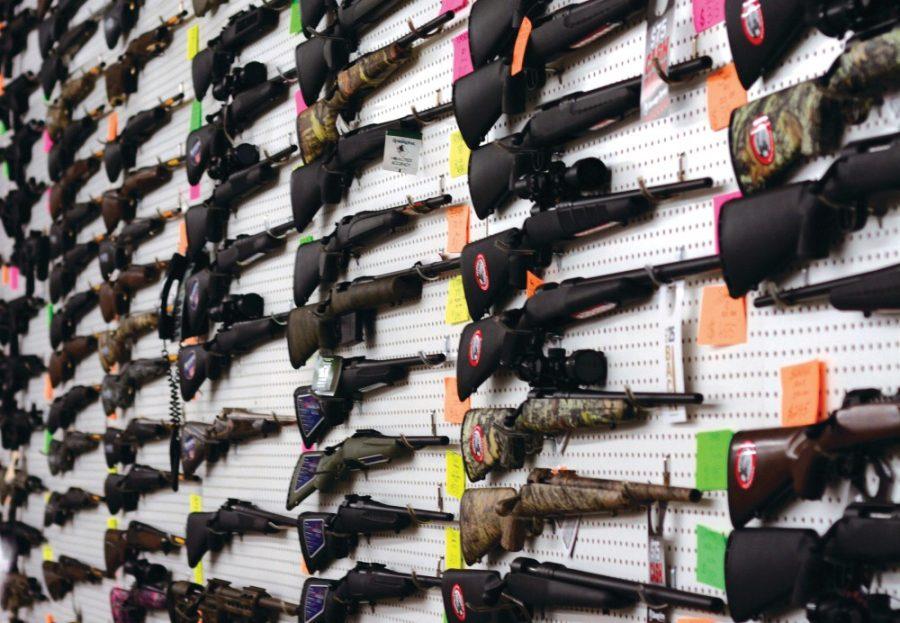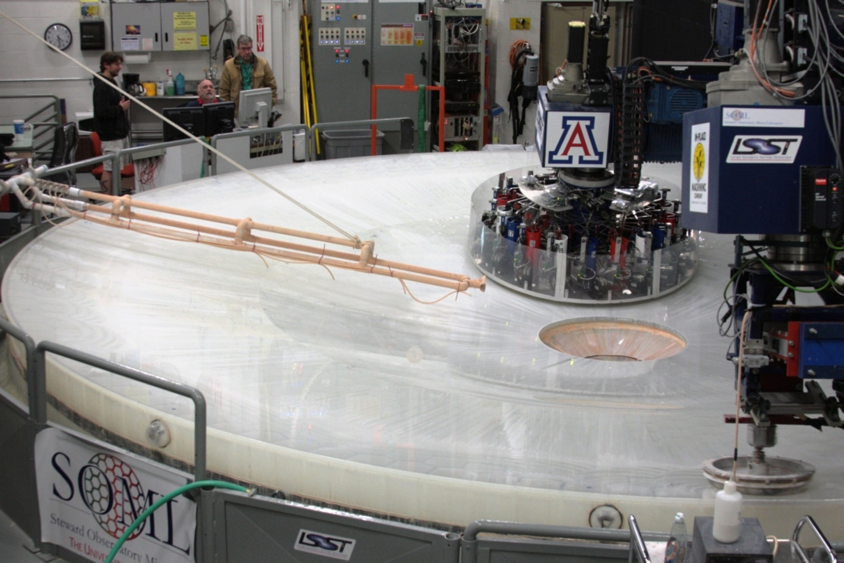In an election cycle dominated by President Donald Trump, the issue of gun violence might be the deciding factor for who or what young potential voters support come Nov. 6.
After a year that saw the killing of 19 people at Parkland High School and a response to the tragedy that included the national March for Our Lives, student voices on the issue of gun control are leading the conversation.
Arizona is a unique state when it comes to guns. After the Grand Canyon, the place at the forefront of most out-of-staters’ minds is probably Tombstone, with its famous shootout at the OK Corral serving as the basis for an entire generation to imagine the Wild West around.
RELATED: Promises, propositions and potential: education in the election
Here in Tucson, that legacy extends to two recent tragedies involving handguns: The January 8, 2011, assassination attempt of then-congresswoman Gabrielle Giffords that claimed six lives and the 2002 shooting at the University of Arizona nursing school where two instructors were shot dead.
It’s the dichotomy of guns as both creators and destroyers that exposes the deep divide on the issue of gun control in the Tucson community. For Tucson city councilman and UA associate athletic director Steve Kozachik, that divide led to his switching parties in 2013.
Kozachik hosted a gun buy-back for the city of Tucson two years after the Giffords shooting. It became an object of derision from gun-rights advocates immediately, and the backlash eventually led to Kozachik switching parties and registering as a Democrat.
“Gun control was very much a factor in that [changing parties], because of the tired old refrain that things like background checks and checking blood alcohol content and reporting lost or stolen weapons, those are far too often used by the far-right as anti-second amendment,” Kozachik said. “And that’s just bullshit.”
Kozachik also touched on Arizona Revisited Statute 13-3108, which allows the state of Arizona to prevent municipalities like Tucson from destroying guns they may acquire, whether through gun buy-backs or seizure by police. Currently, municipalities must re-sell any arms.
“We have to flip the state legislature to get that rescinded,” Kozachik said. He and two other councilmembers voted last year against a city measure to adhere to the law.
Charles Heller, the media coordinator for the Arizona Citizen’s Defense League, disagreed with Kozachik’s assessment. He argued that voters who were educated on the constitution would not support any policies or politicians that limited legal citizens’ access to firearms.
“I believe the ones in their right minds understand that ‘gun violence’ is a loaded political term and there is no such thing because guns don’t cause violence,” Heller said.
Heller also said he supported the elimination of gun-free zones as a way to help reduce the number of mass shooting incidents. He was also sharply critical of Kozachik for wanting to overturn A.R.S. 13-3108.
“They have more fealty for political optics than for following the law,” said Heller. “The three people that voted in favor of violating state laws for political reason have disqualified themselves from public office. They voted to violate the law.”
The chasm between Kozachik and Heller could be solved by the votes of millennials and Generation Z. However, Kozachik isn’t encouraged with the potential for a youth wave this election cycle.
RELATED: Civility a key election issue
A poll Kozachik conducted last year for his re-election campaign found that, of the students polled, less than 10 percent counted themselves as likely voters.
“I would hope the fact you have people running into schools and university nursing schools and elementary schools and movie theatres and shooting and murdering people, I would hope that would be enough to get young people engaged. But I’m not going to be a believer until I see it at the polls,” he said.
In the shadow of Parkland and the March for Our Lives, the level of engagement by young voters due to the issue of gun control remains to be seen. The results of the upcoming election could indicate how involved the youth of today are in the politics of the future.
Follow Eddie Celaya on Twitter









